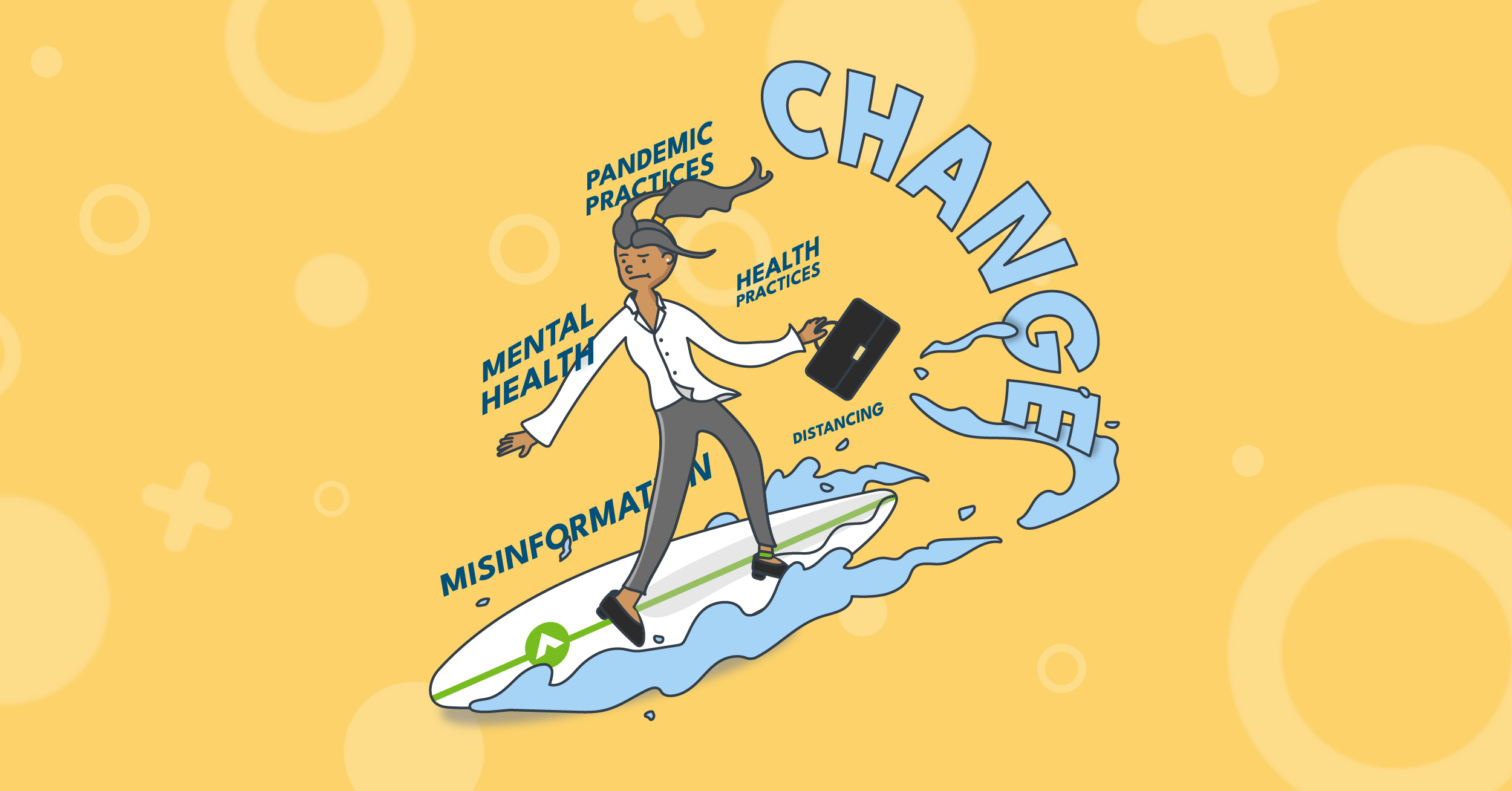
Why Willpower is Bad for Behavior Change
Would you have passed the marshmallow test? What does that say about you as a person?
In the famous 1960s experiment, psychologists put a puffy piece of sugar in front of 4-year-olds, told them if they didn’t eat it they would get another, and left them alone with the temptation to see if they could resist.
Researchers then tracked those kids as they grew up and found — of course! — the preschoolers with an iron will went on to achieve better life outcomes, including higher academic achievement, stronger social relationships, fewer problems with drugs, etc., etc.
For decades after the results were published, this experiment supported a fairytale narrative of justice: those children with innate moral superiority went on to receive their just desserts.
But that is, in fact, a fairytale — one that is wrapped up in deep misconceptions about willpower. And it is problematic for behavior change in two key ways.
Problem #1: Scarcity mindset
In 2018, a follow-on study found an enormous flaw in the original conclusion: the ability to resist temptation wasn’t proof of an innate gift for self-control but instead was a reflection of the child’s relative affluence.
Children growing up amid stability and predictability find it easier to wait. Children growing up with uncertainty are more likely to grab a treat while they can — because they know darn well a second one isn’t guaranteed and if they wait too long the first one might disappear, too.
Scarcity mindset wires people to seize opportunity in the moment even if it means a smaller payoff long term. This mindset is common among people living with poverty and instability, who are frequently the focus of behavior change interventions. (It also can be induced even among Ivy League students).
Yet all too often people in charge of developing an intervention structure it for people — like themselves — who have no problem putting off tasting that marshmallow for a few seconds longer. Just recently, while designing a campaign targeting time- and cash-stressed heads of household, an expert told me in no uncertain terms to “just tell them an investment now will pay off next year.”
It’s no surprise that interventions touting long-term payoffs — like better future health or a financially secure retirement — so often fail to motivate people who are just trying to make it through to the end of the day.
Problem #2: The empathy gap
The second way willpower can derail a behavior change intervention arises precisely from the moral superiority we assign to it.
Because willpower is something we’re supposed to have, we often tend to overestimate how much we ourselves possess — or how much other people should. The result is what behavioral scientists call the empathy gap between cold and hot states of mind.
When we are calmly and rationally thinking about facing temptation (a cold state), we lack empathy for how we and others will feel when emotionally charged or facing temptation (a hot state).
We assume we will — and other people should — follow through on what our rational selves decided to do — not to have unprotected sex, not to eat that donut, not to whip out the credit card again because a sale is too good to pass up.
As a result, we set ourselves and others up to fail. Take, for example, a study that found that recovering smokers who had more confidence in their willpower were more likely to put themselves in situations where they would be tempted to smoke.
They were also more likely to be smoking again four months later.
So what is the real moral of the marshmallow story?
There’s a deeper story here about generational cycles of poverty and affluence, as well as the false beliefs about meritocracy that perpetuate them.
But for now, here’s one simple takeaway: give people a break. When designing a behavior change intervention, make sure it works for those of us who would grab that marshmallow and gobble it up.

Sara Isaac is the agency’s chief strategist.




